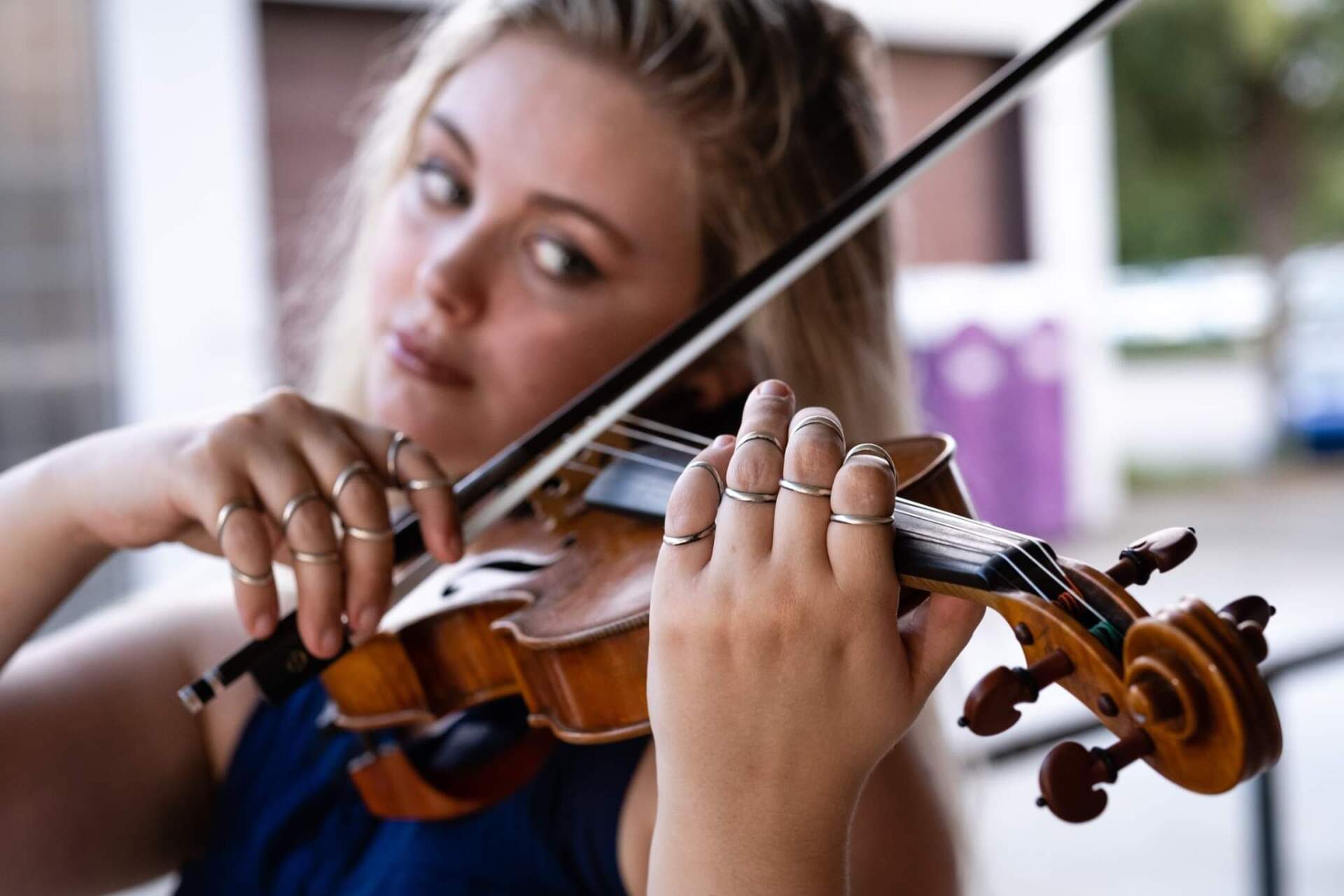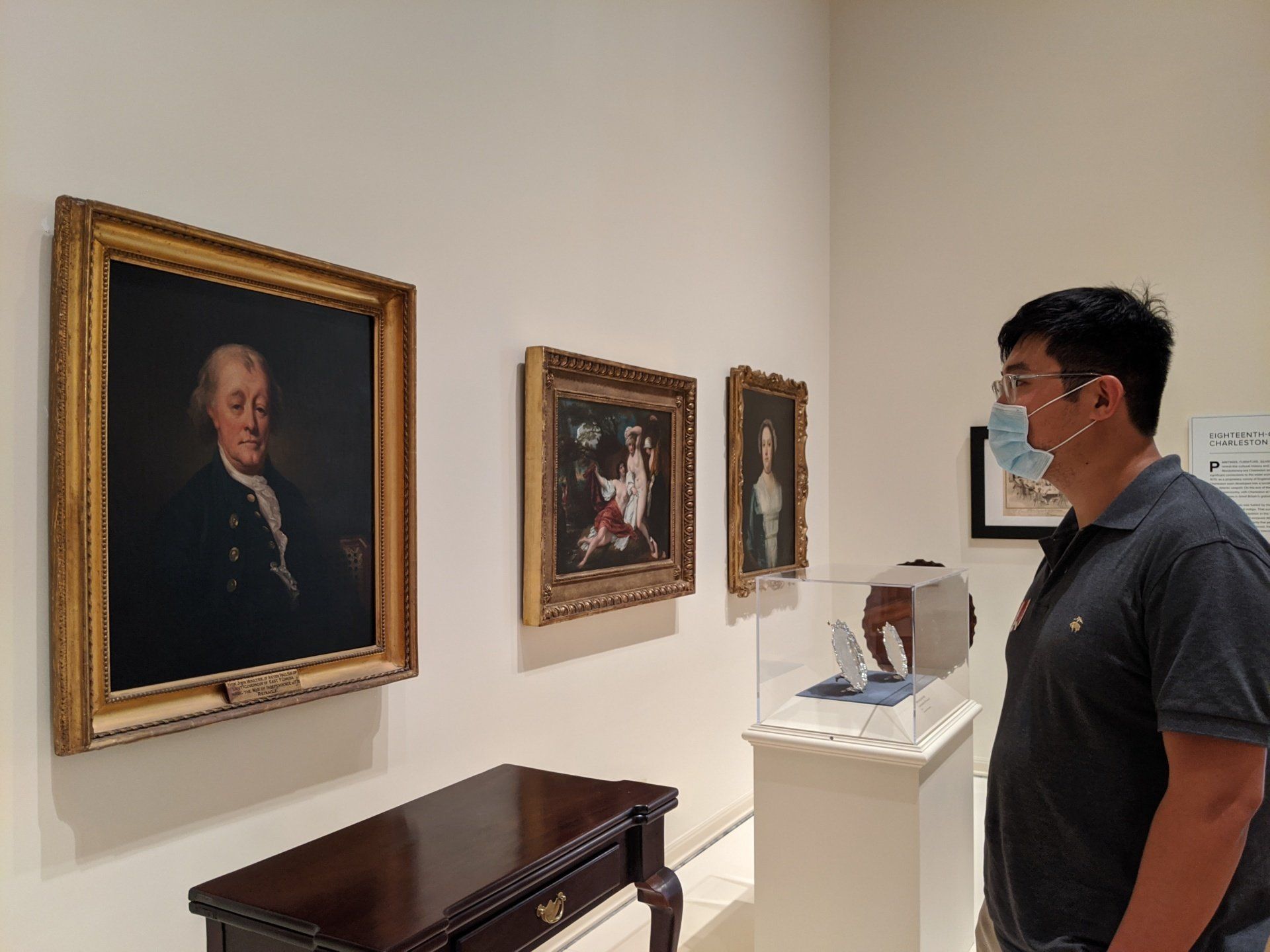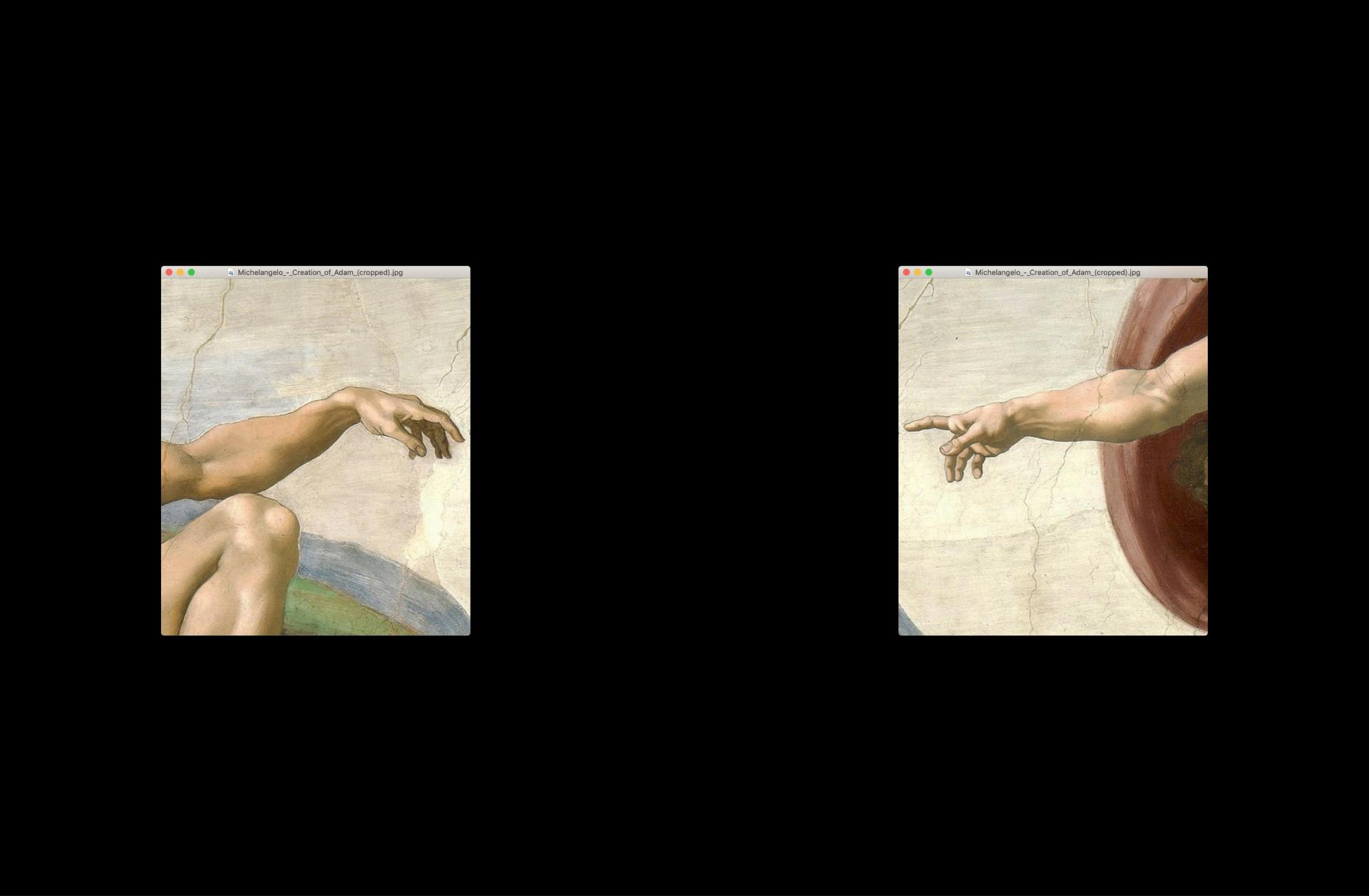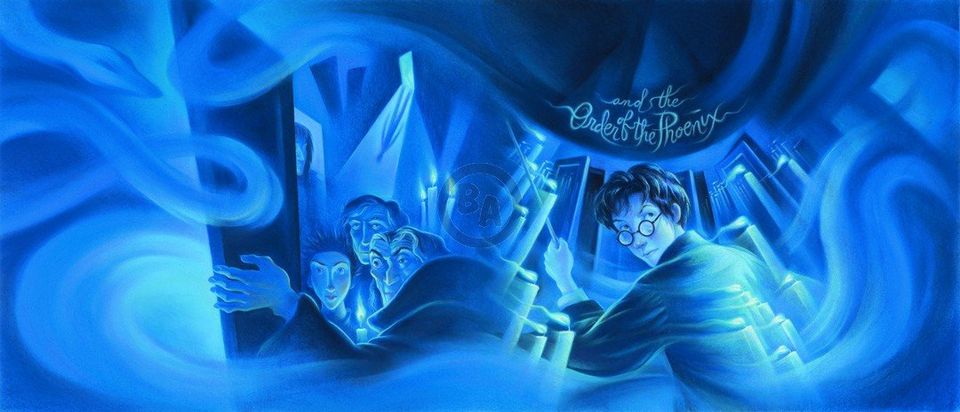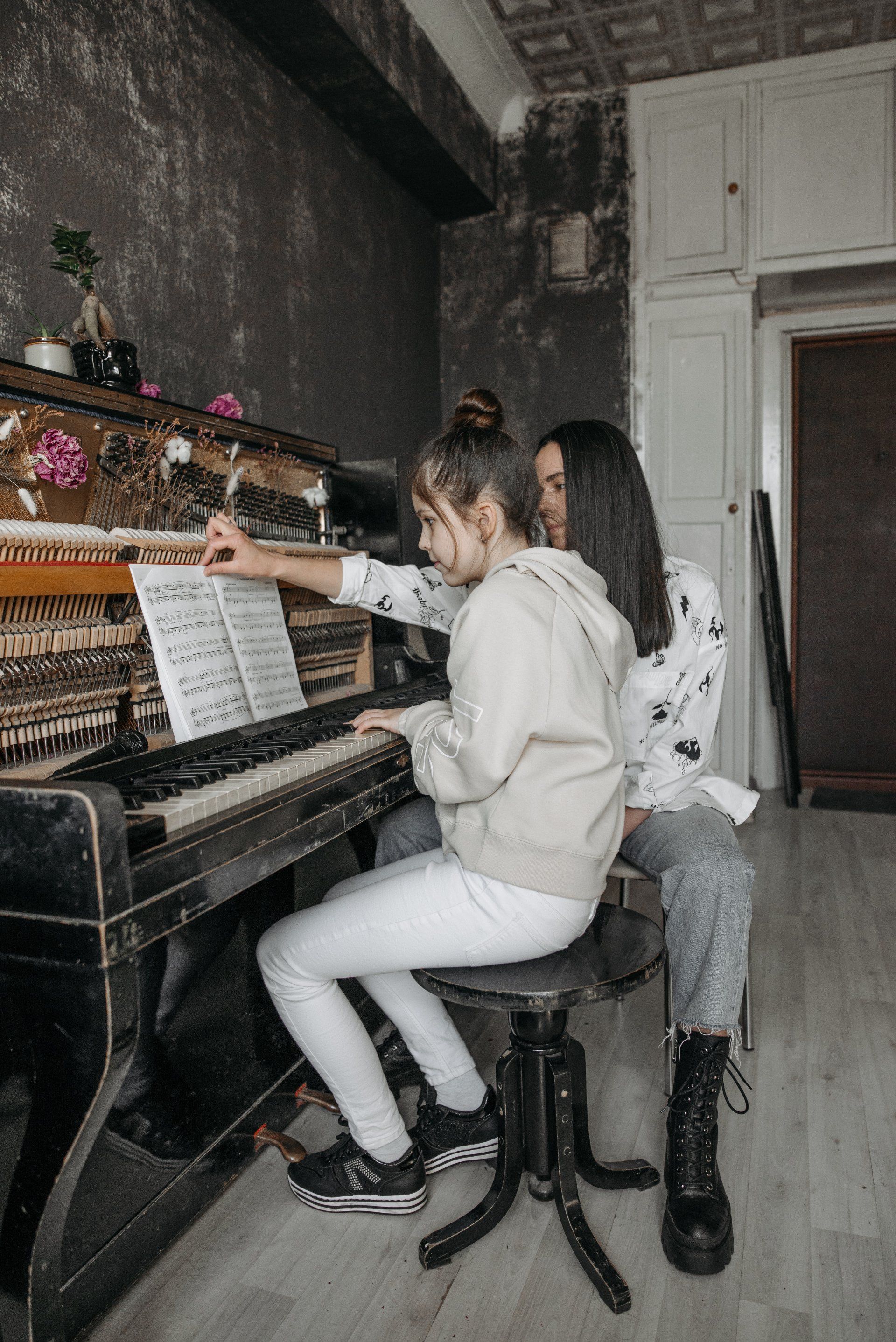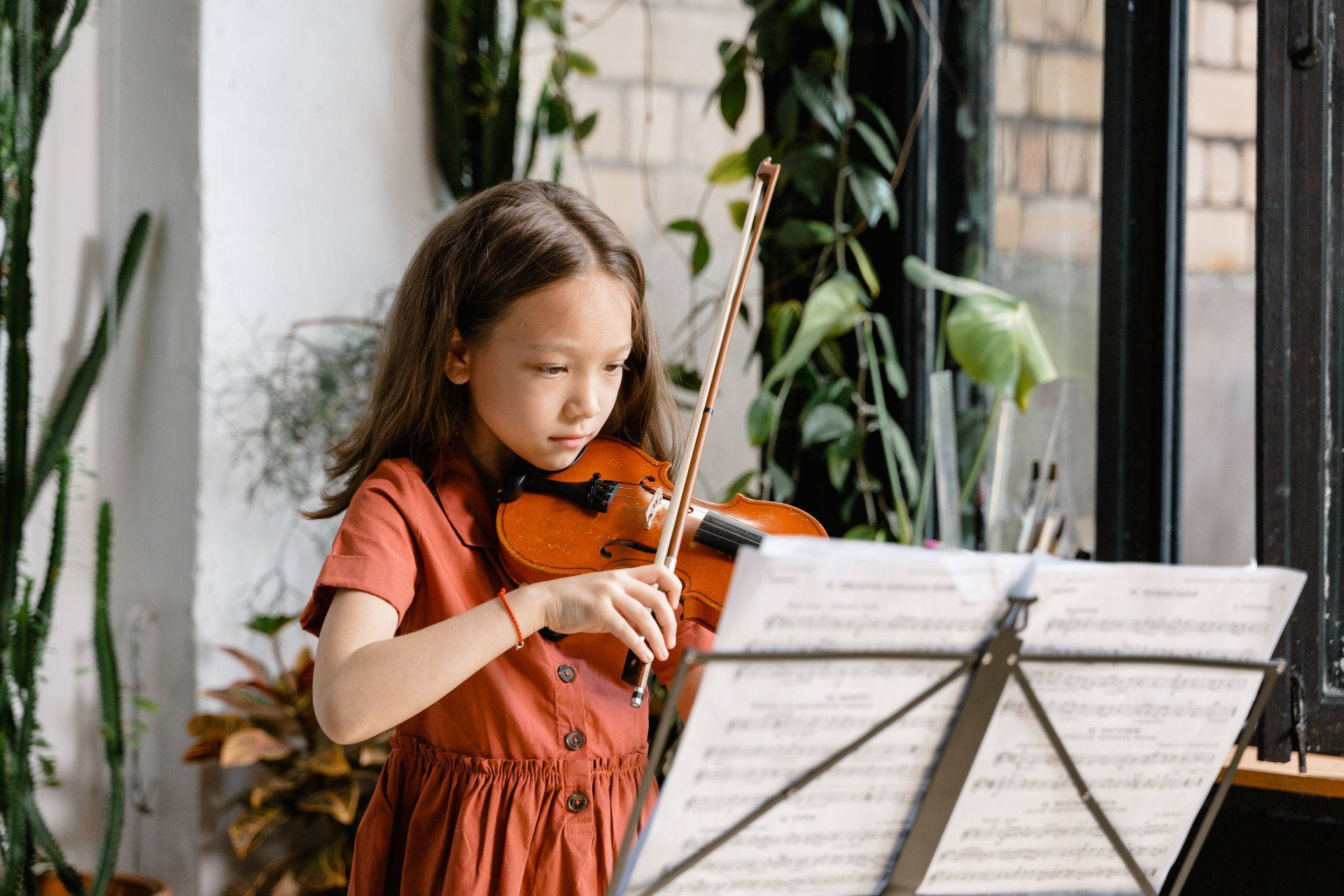Lessons Learned from Fantastical Fiction
A personal account of the two biggest influences on my work as a teacher, Harry Potter, and Lemony Snicket. Spoilers abound.
It's quite easy to recognize influential teachers. Those wonderful people in your childhood and early adulthood who guided your academic career with a gentle but firm hand, who weren't afraid to give you a shove when necessary and were just as ready to pull you back, whose words stick in your head for years to come... True, sometimes you don't recognize them for a while, but in retrospect, they're almost always easily identifiable.
I've been lucky enough to have a great number of wonderful teachers over the years. From the amazing violin teacher who introduced me to the wonders of contact point through the torturous Kreutzer #2 (which still haunts my nightmares), to the hilarious students who have shown me the elaborate intricacies of a child's mind, I can name a number of people who have greatly influenced the way I teach, and even more, the way I see the world. But, there are two influences I cannot overlook, two great works of fiction by two authors whose works shaped my childhood.
The first, J.K. Rowling. I'm certain that nearly every person around my age is all too familiar with the Harry Potter series. I have met very few who aren't, however, I have yet to meet a person who hasn't enjoyed them once introduced. Anyhow, Harry Potter was probably the most permeable influence on my nature as a human being, as the series was released and developed throughout my childhood. I can remember the release of every book following Harry Potter and t
he Chamber of Secrets
- I distinctly remember sobbing at the premiere of the very last movie.
Every person I've met who has read Harry Potter, and every person I've met who has not yet read Harry Potter who I then annoy into reading Harry Potter, has chosen a favorite character. Everyone has that one character they identify with the most, or whom they admire, or whatever else. Luna Lovegood, the weird kid that is honestly amazing and cool, Neville Longbottom, the loser that decided that even though fate didn't choose him he could choose himself, even Albus Dumbledore, who has a very dynamic and compelling personality that makes you forget that he was a complete jerk. I've heard far more obscure names mentioned as favorites, and it amazes me that people can become so passionately obsessed with characters given less than three lines in one scene. I'm sure that I have heard every named character in the series claimed as a favorite, but, I have yet to hear someone call Harry Potter their favorite, though, despite the boy being the titular character of the series.
It's not that Harry Potter is an amazing person. By all objective accounts, he is, quite frankly, an idiot. The boy is such an unreliable narrator that his story is the perfect breeding ground for all sorts of fanfiction, but that's another conversation altogether. No, I love Harry for one very simple reason- he's the reason I realized I love teaching.
In the book Harry Potter and the Order of the Phoenix
, Harry and co. found Dumbledore's Army, a group of students working to fight against the horror that is Dolores Umbridge, a classic example of a terrible teacher, but again, that's another conversation altogether. To fight The Man™, though, the students must learn the proper mechanisms of defense magic. Now, for Harry, a boy who has been fighting since a few months after his birth, this was not an issue, but for his more privileged peers, it quickly became apparent that their minimal training in the defense against the dark arts was not at all comprehensive. So, Harry took it upon himself to teach them what he knew.
Anyone who has read the series knows that it is at this point- not when he has his first kiss later on in the novel- that Harry is happiest. In the entire series, in all seven books, I cannot find a single moment where Harry is happier than he is when teaching his fellow students at Hogwarts basic defense spells. There are so many levels of happiness to these moments. There is a shallow happiness that comes along with any immediately satisfactory thing, but a deeper happiness that comes from imparting knowledge upon one's students. It's just like any other gift, but knowing that it will be used- and seeing the moment, that recognizable, beautiful thing, where the student suddenly gets it-
makes it so much more real, so much more vivid, and so much more incredible. I could go on for ages.
In the epilogue, we see a Harry who did not read his own story, who did not recognize the impact he could have. He thought that he was the boy who lived so that he could risk his life to protect others- he did not realize that he was the boy who lived so that he could tell his story and teach what he knew to protect others. He never liked fighting, he never liked the aftermath. After seeing Sirius die as a result of his taking action, one would think he would have learned that was not how he should act, who he should be. Being an Auror was not the path he was meant to take. He was meant to be a teacher. There's more than one way to protect the ones you love.
I recognized that passion for teaching in myself, fortunately, and I chose to take that path. I've said, a lot, that I don't care what I teach so long as I am teaching- there is nothing I genuinely love more than teaching. I do not believe I would have ever developed that passion, let alone recognized it, without the work of J.K. Rowling. Partially because of the brilliant way she wrote the protagonist allowing me to empathize in every way with a boy who was in most ways nothing like me, partially because of my utter disappointment in the epilogue.
The second influence I'll mention today is Lemony Snicket, aka Daniel Handler, the author of A Series of Unfortunate Events.
I've read the story countless times, but, only two really count- the first time I read it, as a child, and the last time I read it, as an adult.
As a kid, when you're reading ASOUE
, you revel in it. It's a confirmation of everything you feel about the world. You know that your brain is legitimate and functional and perfectly fine, and yet, adults treat you like a child- a word which here means someone of diminutive intellect, not necessarily of diminutive age- even when they are far less legitimate and functional and perfectly fine. You are constantly frustrated, and the series confirms that what you are experiencing is indeed real and legitimate and nothing is functional and nothing is ever going to be fine. Yes, it's disappointing, but it's wonderful at the same time, in ways that only children can understand.
When you're all grown up, and technology has changed, and now Netflix is coming out with a series based on the books you read as a child, it feels kind of weird to reread the books. I've seen them through the lens of a child's bright eyes, so revisiting that story through the lens of an adult's worsening vision was more than a little strange.
Children are little people who just aren't very good at articulating their emotions. That's it. There is literally nothing else differentiating children from adults, and yet, far too many adults don't realize this, even though they knew this when they were kids. It's a fact a lot of people forget, unless something pointed it out to them in a particularly poignant and memorable manner, such as in the wonderfully terrible novels by Lemony Snicket. We see in each of the protagonists elements of intelligence that are often ignored in children. In Sunny particularly, we see the ease with which adults dismiss children, due to a lack of understanding. It may not be realistic to fly off on a self sustaining hot air mobile home, but the incidental treatment of the children by adults is, unfortunately, very realistic.
Seeing this outlined in novel form before my eyes as an adult made me realize that the way that I see the world, particularly the way that I see children, was shaped very effectively by ASOUE.
In lessons, I can't help but empathize with a kid. When they say 'No', it doesn't always mean 'No', sometimes it means 'I'm very tired and I want to go home and watch cartoons', or 'I'm not really sure what you're asking me to do just now, could you please repeat that?', or even 'I want to be in control of the situation now, it feels like you're dominating the conversation and I don't think you're listening to me and that is somewhat demeaning'. Sometimes, it means something totally unexpected, from 'I have to pee but I've forgotten where the restroom is' to 'Your breath smells terrible and I desperately urge you to have a mint'. It takes a little time to figure out what kids are saying sometimes, so it helps to ask, 'Why?'
Talking to kids is exactly like talking to any other person. Teaching kids is exactly like teaching any other person. It just takes a little more time. It's not like they're speaking a foreign language- it's just that they haven't quite learned the intricacies of that language, or the intricacies of their own minds as human beings for that matter. It takes a fair amount of time to figure out how to navigate that massive labyrinth, and it's a teacher's job to help their students find the right path.
It's also a teacher's job to, well, teach. And it's impossible to teach in an environment that does not feel safe, because it is impossible to learn in an environment that does not feel safe. This is yet another lesson learned from Lemony Snicket's writings (and, at a certain point, the Harry Potter
series- after all, it does take place in a school). Trust is essential, and how can a child trust someone who does not understand them?
Lemony Snicket made me personally realize, from a very, very young age, that the world isn't fair, especially towards children. Part of my job as a teacher is to make sure that is never the case in lessons.
I may be romanticizing things a bit here, but it is important to me to fully explain the impact these works had on my development as a child, as a person, and as a teacher. Daniel Handler and J.K. Rowling, Lemony Snicket and Harry Potter, they shaped the way I see the world. They shaped the way I see my students, and the way I teach. They gave me an appreciation for teaching, and an appreciation for the minds of children, that has only grown as I've gained years in age and experience.
I encourage anyone who reads this to reread their childhood favorites, to find those things that influenced the paths they chose in life. It has been an illuminating experience for me to realize the true significance of these stories in my life. Harry Potter may be the protagonist of an optimistic work of magic, and Lemony Snicket may be the pseudonym of a man who wrote a dismal work of pessimism, but they taught me lessons for which I will forever be grateful, far more than can be articulated here. I don't think it's likely that either author will ever read this treatise on the impact of their works on my career, this ode to one very particular aspect of their respective series, but I felt I should say thanks anyhow.
